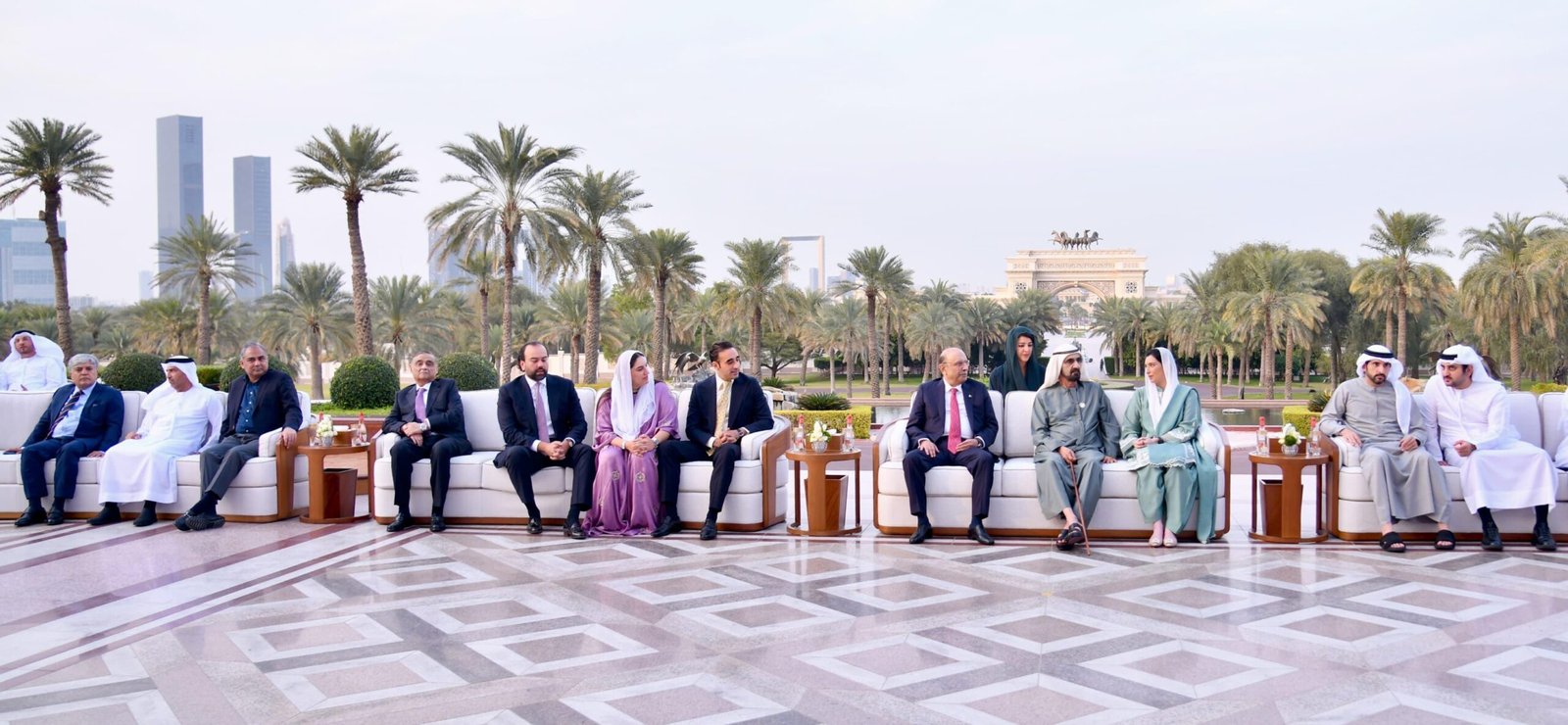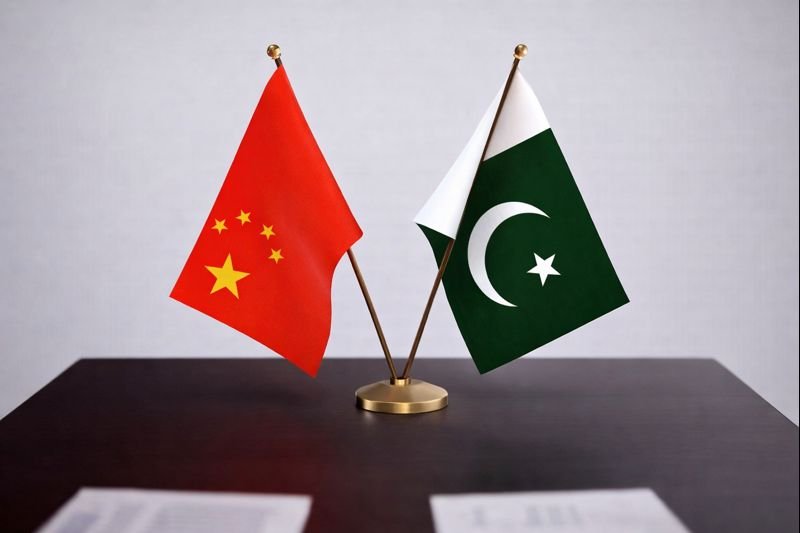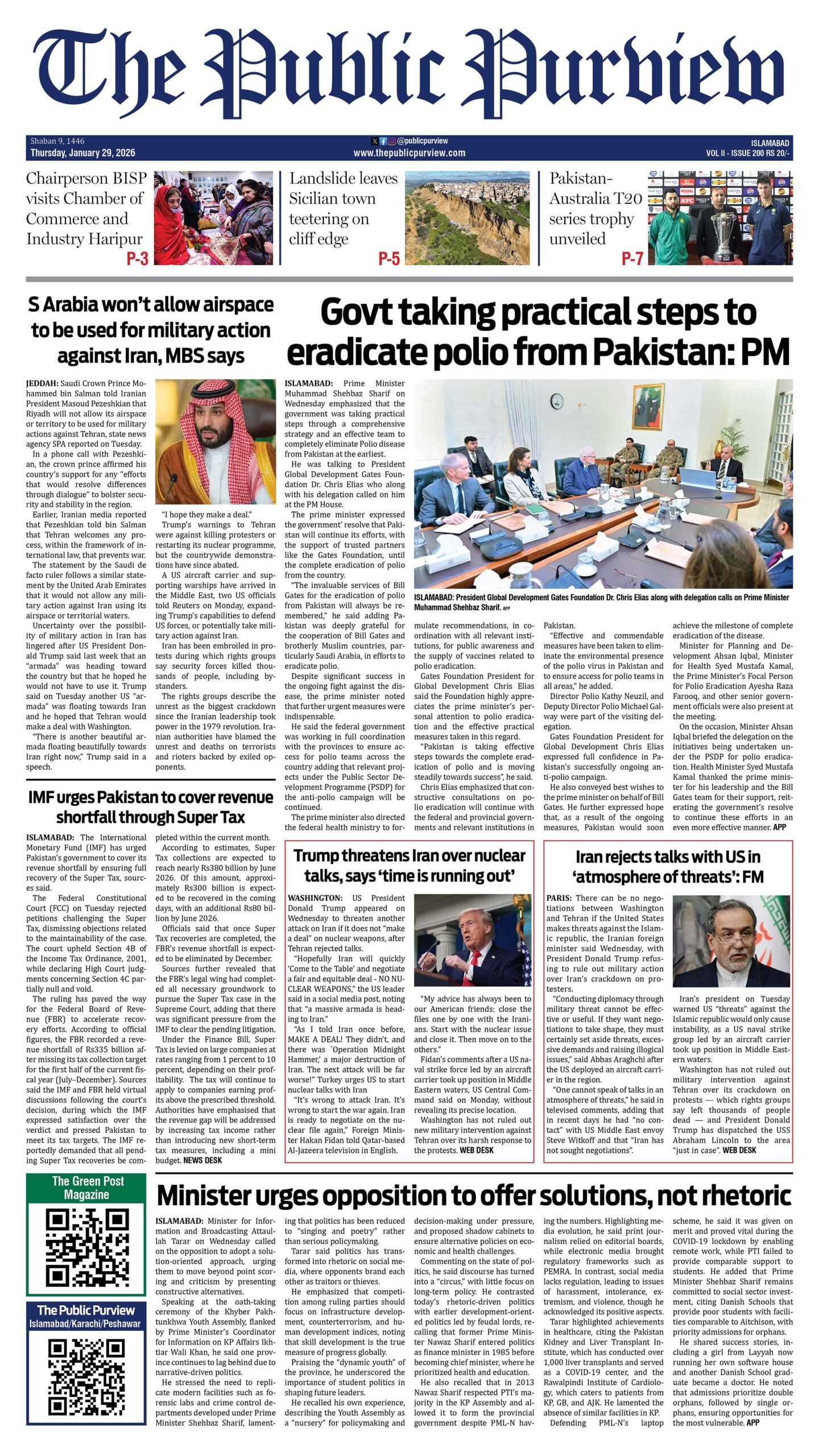In a world that extols transparency and integrity while condemning corruption, nepotism, and extortion, those who expose institutional wrongdoing pay a devastating personal price—not for deceit, but for their unwavering truthfulness. Whistleblowers are the casualties of the very systems they dare to challenge, facing repercussions that are multifaceted, relentless, and methodically enforced. Whistleblowing is not merely risky; it is catastrophic. The moment a principled individual takes a stand, the deceptive regime mobilizes every weapon to dismantle their career, erase their reputation, and render their professional life unbearable—turning an act of public service into professional suicide. Industry gatekeepers ensure their blacklisting and unemployability, swiftly branding them as traitors rather than watchdogs. In organizations that value loyalty over integrity, years of hard-earned expertise are destroyed in an instant, leaving these truth-tellers isolated and ruined.
The psychological and mental distress imposed on them by the kleptocratic system is no less brutal. They are left to navigate a battle of anxiety, emotional turmoil, and depression. They might not be silenced through handcuffs, but through isolation. Their names fade from front-page news and headlines, but scars remain—in their sleepless nights and fractured families. The sentimental trauma they confront is profound, turning into persistent suffering, abandoned by those who once praised their resilience and valor.
The legal scaffolding designed to shield them is paper-thin. Technicalities override intent. Protections expire before justice arrives. Institutions hide behind procedure, all while ensuring the whistleblower is made an example—not to correct wrongdoing, but to suppress further defiance.
The social isolation can be equally harrowing. Friends become strangers, colleagues turn cold, and the very networks that once sustained them become mechanisms of marginalization. They endure character annihilation and become subjects of malicious gossip. Allegations are reframed as vendettas. Motives are questioned, personal lives scrutinized, and integrity dissected. Allies retreat; networks dissolve. Public sympathy, if it comes, is fleeting. Support vanishes once the headlines do. Those who sacrifice comfort for principle are left to rot in the shadows of their disclosures, while the very organizations they exposed continue to function, unshaken and unreformed.
The economic consequences alone are ruinous. Once unemployed, it takes years for whistleblowers to regain the positions they once held. Even when vindicated in court, few whistleblowers recover financially. Legal battles stretch for years, draining savings and eroding morale.

Courtesy: Human Rights Law Centre
People might take notes as history is full of lessons, such as Edward Snowden’s case of government mass surveillance leaks; the WorldCom case of false financial reporting fraud; Chelsea Manning’s case of leaked classified military documents; the Theranos case exposing fraudulent claims about blood-testing technology; the Boeing 737 Max case uncovering safety risks and concealment before fatal crashes; the Wire card case exposing massive financial fraud and false reporting.
These cases encapsulate the paradox of whistleblowing—shining light on systemic abuses while becoming targets of legal and political reprisal. These stories are a sobering reminder that the price of exposing powerful institutions often extends far beyond the public eye.
Closer to home, a multitude of lesser-known whistleblowers endure a fate both harsh and largely invisible to the public eye. These individuals are frequently cast aside without warning, subjected to a barrage of legal machinations carefully engineered to exhaust their spirit and resources. They find themselves isolated and shunned by former allies and colleagues, left to grapple with the profound and lingering emotional wounds inflicted by betrayal and ostracism. The legal protections that are meant to serve as bulwarks against such retaliation too often prove to be fragile illusions—mere paper shields that crumble in the face of persistent and unyielding waves of vengeance. In reality, these truth-tellers are left exposed, navigating a perilous landscape where courage is met not with sanctuary, but with relentless retribution.
Why is truth-telling so costly? Because institutions—governmental, corporate, medical, academic—are built to protect themselves. Their systems suppress dissent under the guise of due process, branding whistleblowers as disgruntled or disloyal to deflect scrutiny and avoid accountability. In this way, the messenger is punished while the misconduct remains hidden, preserving the status quo at any cost.
The path forward demands more than performative policies. Institutions must be compelled—not merely encouraged—to foster environments where ethical dissent is not just tolerated, but protected and valued. This includes robust legal frameworks, independent oversight mechanisms, and post-retaliation support systems that prioritize the well-being of whistleblowers. Moreover, a cultural shift is imperative: one that repositions whistleblowers not as agitators, but as ethical anchors in a sea of bureaucratic complacency.
In essence, the judicial safeguards exist more as symbolic gestures than as practical armor. Immunity on paper rarely translates into immunity in reality. Whistleblowers navigate a minefield where formal protections are undermined by entrenched institutional resistance, leaving them exposed to relentless personal and professional attacks.
In taking any stance—unapologetically on the side of whistleblowers—one should not romanticize the act of whistleblowing. Rather, they should recognize its peril and insist that no one should pay for truth with their livelihood, health, or future. Until whistleblowing ceases to be a crucifixion and becomes a civic duty honored in practice, not just in principle, the cost of truth will remain a price too high.
Authors profiles:

Amna Kausar
l1s22bsaf0047@ucp.edu.pk

Kashaf Mu

Sawera Mehmood

Fiza Nouman






 Today's E-Paper
Today's E-Paper